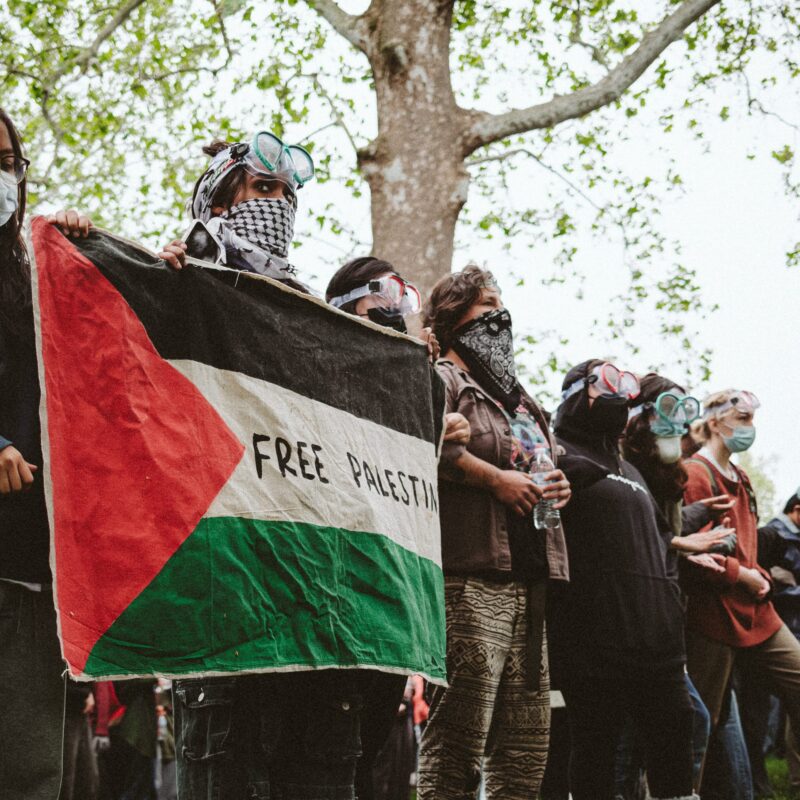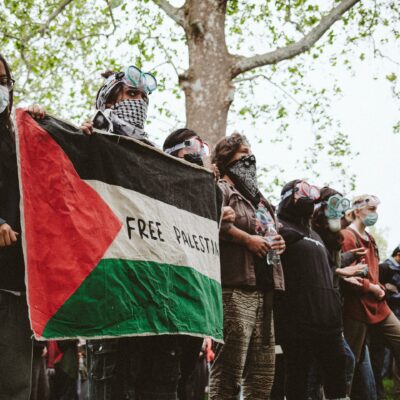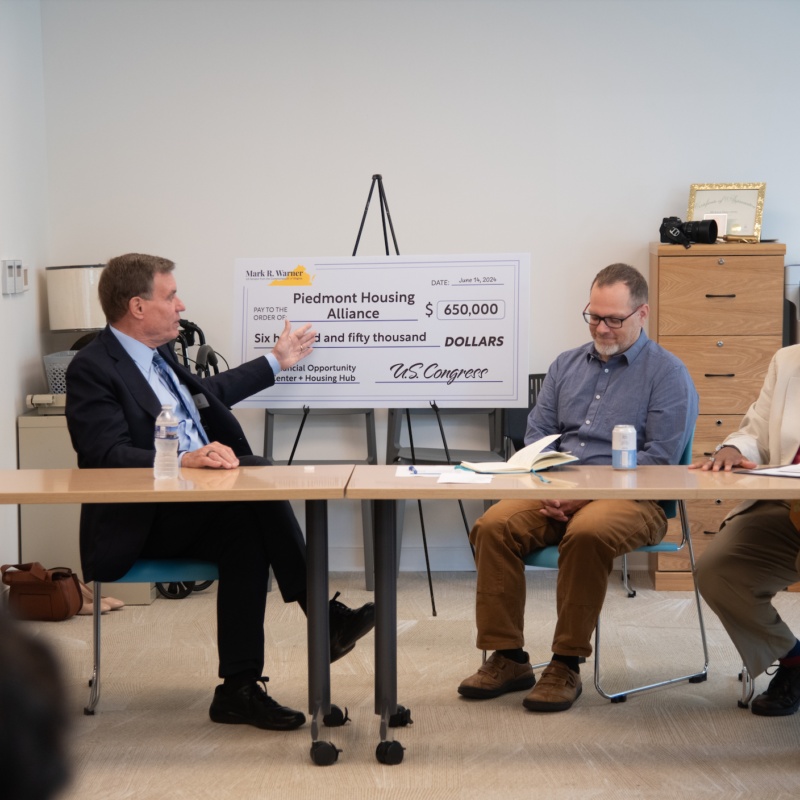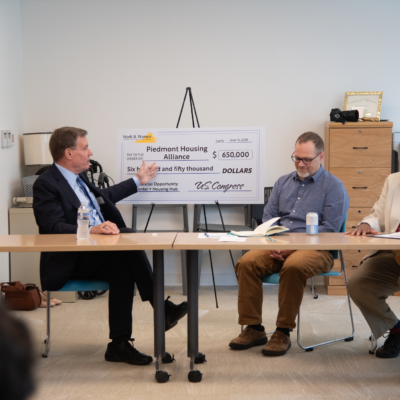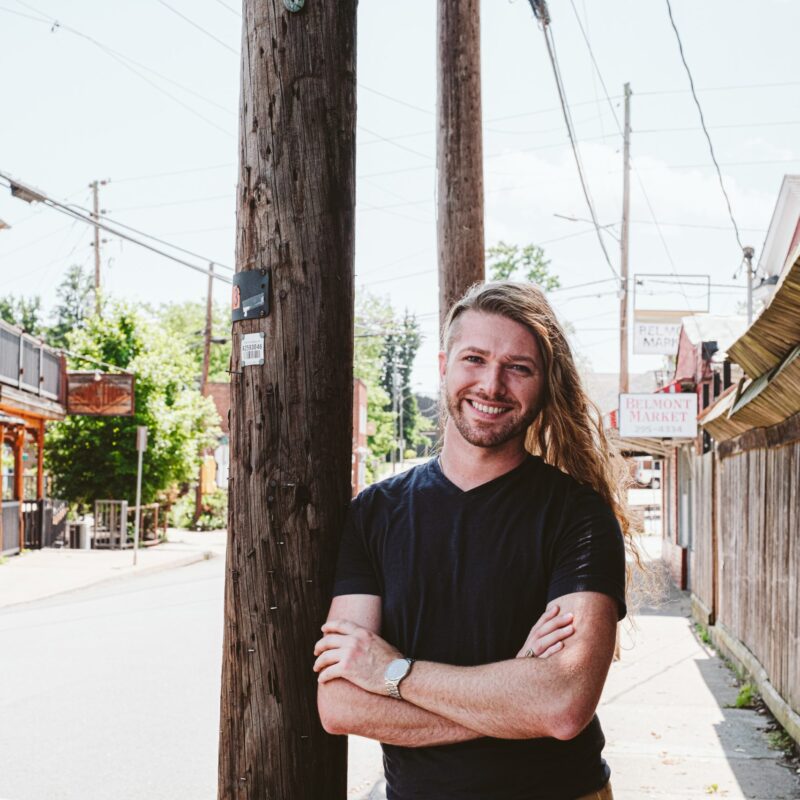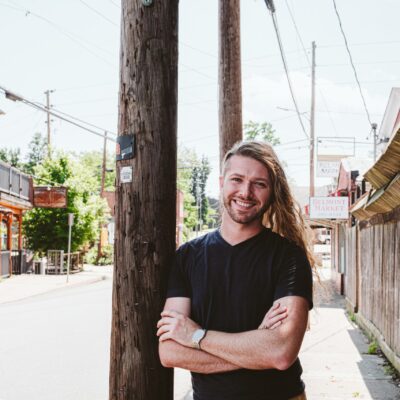Come June 13, Charlottesville likely is going to have a new commonwealth’s attorney, given the unlikelihood a Republican candidate will emerge for the general election in November.
That person will be either Assistant Commonwealth’s Attorney Joe Platania, who seemingly has the backing of the city’s Democratic machine, or Jeff Fogel, who has captured the support of new progressive groups. The winner will be decided by who can get voters to the polls in a non-presidential election.
Both talk a good criminal justice reform game.
“I don’t think we have a lot of significant differences,” says Platania, because each sees opportunities to look at reform, he says.
“I won’t prosecute marijuana cases,” says Fogel, who contends that’s a big difference. “Joe says no one should go to jail for marijuana. Ninety percent of people in this community say don’t prosecute marijuana.”
Platania has practiced law in Virginia for nearly 20 years, was one of the original attorneys hired in the Public Defender’s Office and has been a prosecutor since 2003.
Fogel started out as a criminal defense attorney in the Northeast, but switched to civil rights law because he says he felt he could make more of a difference in that area. He served as executive director of ACLU of New Jersey, and since he’s been in Charlottesville, has sued the city several times, including for its panhandling law and its stop-and-frisk records.
And he started his own rap sheet June 2 with his first arrest for misdemeanor assault in an encounter with white-rights provocateur Jason Kessler (see story on p. 10).
“We have different approaches to problem solving,” says Platania. “Jeff takes a more adversarial approach. I take a more relationship approach. It’s more who I am.”
He points to a mental health treatment court he’s working on with others. “I get together with people and say, ‘We’ve got a problem. How do you solve it?’”
Fogel has gotten endorsements from Equity and Progress in Charlottesville, which he helped found, Showing Up for Racial Justice and Together Cville, largely for his denunciation of the mass incarceration that disproportionately targets African-Americans.
“It is the new Jim Crow,” says Fogel. “I’ve been struck by the fact many white people don’t get the impact mass incarceration has on black communities.”
Platania, who was endorsed by his boss, Dave Chapman, notes that Fogel isn’t a prosecutor. “Some aspects you learn on the job,” he says. “It’s a skill set that comes with time. I’m a better prosecutor than I was 13 years ago.”
“I don’t see that as a problem,” rejoins Fogel. “I learned a lot about prosecuting cases from the civil work I do. There’s no reason a trial lawyer can’t step in and prosecute a case. Putting on a case for the commonwealth is no different than preparing a case for any other client.”
And, says Fogel, if he wins June 13, he’ll have six months to prepare.
Platania says if he’s elected, he wants to work on getting prosecutors out in neighborhoods more, and he’d like them to show up at the police department’s roll call, and provide training for officers.
“It’s back to relationships and collaboration,” he says. “We can learn from them, too.”
Former city commonwealth’s attorney Steve Deaton is pleased the candidates are progressive and have taken the death penalty off the table.
“They’re both good guys,” he says. “I think either one would be a good commonwealth’s attorney.”
